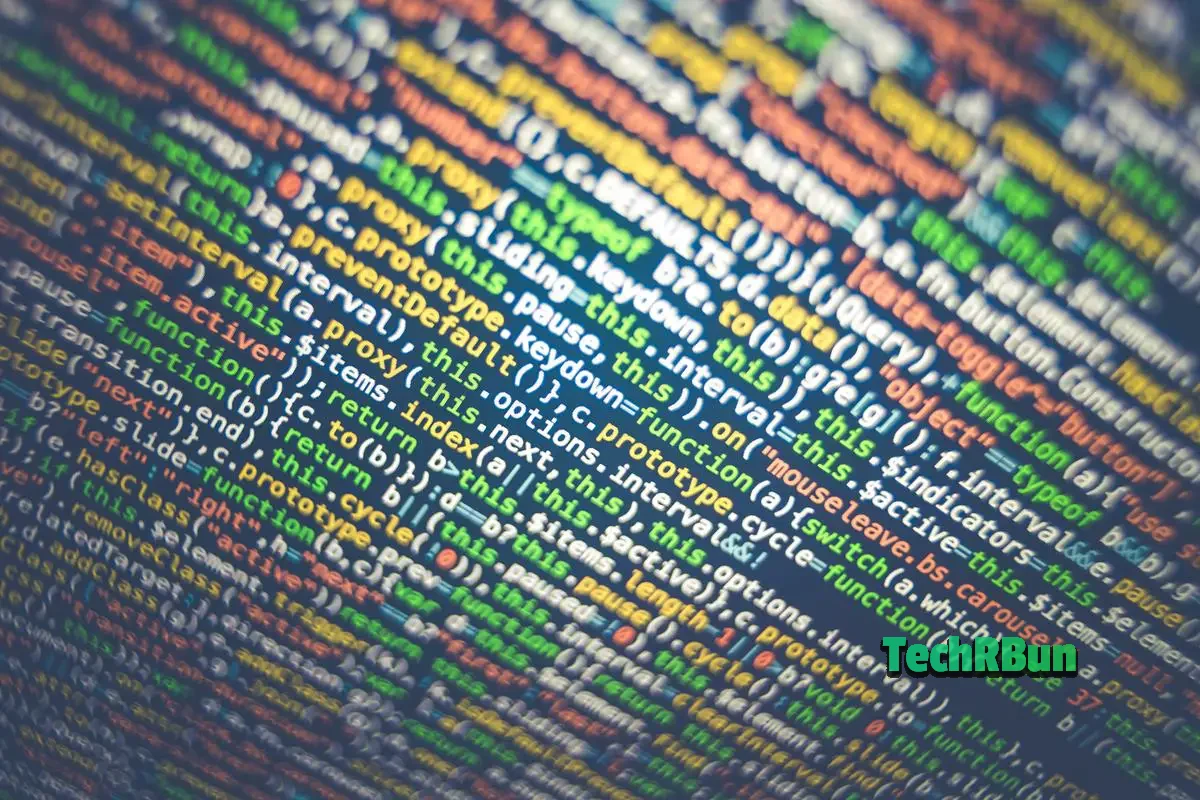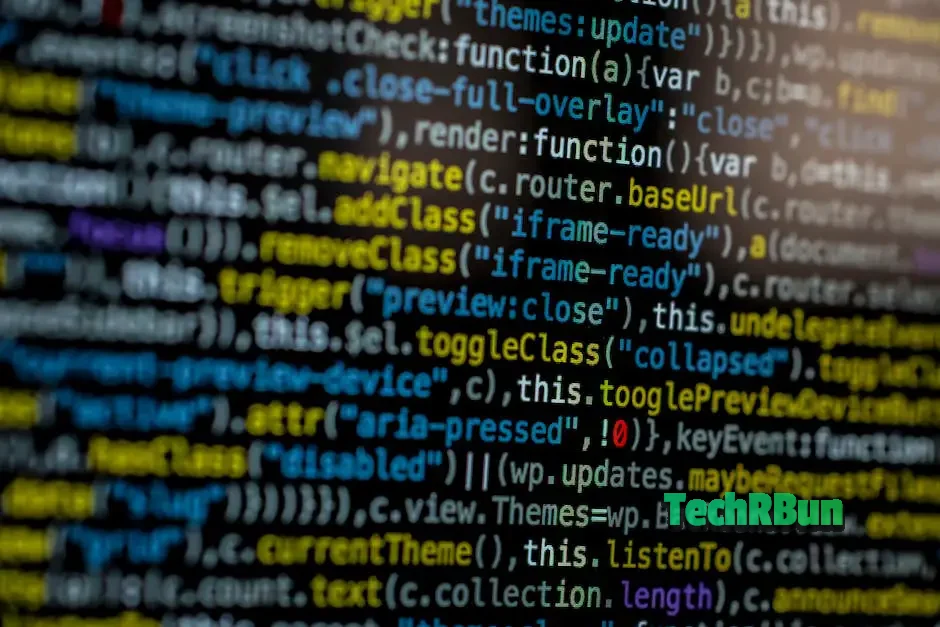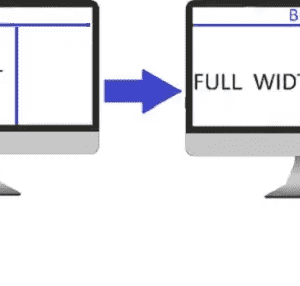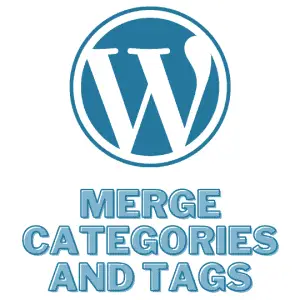Web Scraping – the technological craftsmanship of information extraction from websites, amplifies in potential when combined with Python’s simplicity and extensive library support.
Amongst these libraries, html.parser and html5lib frequently surface in discussions, moisturizing the parched minds thirsty for web scraping knowledge. This exploration comprehensively covers both libraries, striving to provide an understanding of their functionalities, advantages, and shortcomings during Python-oriented web scraping tasks.
Venturing from the basics, through practical examples, code walk-throughs, to analytically comparing the libraries, this discourse aims to equip novices and experienced alike in the web scraping arena with necessary insights.
Table of Contents
Understanding Web Scraping and Python
Web scraping is a method used for extracting information from websites. This is achieved by making a request to the server on which the website’s data is stored, and then parsing through the HTML response to filter out the particular data you need. In essence, web scraping automates the process which a human would otherwise perform manually by browsing a website and collecting data.
Web scraping has various applications across different industries. Marketers use it for competitor analysis and sentiment analysis, to monitor their competitors’ prices, and to evaluate public opinions about their brands. Data scientists use it to gather data for their datasets, analysis, machine learning algorithms, and research. Start-ups and big companies alike scrape the web to gather data about their user base and to expand their reach.
Python Packages for Web scraping
There are various Python packages available for web scraping. For instance, Requests is used to make HTTP requests to fetch the HTML content of a website. Once the HTML content has been retrieved, it needs to be parsed to extract the data.
The most common Python packages for parsing HTML are Beautiful Soup, html.parser and html5lib.
Html.parser
Html.parser is a built-in Python module for parsing HTML. It is well-suited for small projects and for situations where external dependencies need to be avoided.
Html.parser handles broken HTML documents quite well and has decent speed. However, it does not always parse HTML the way a web browser would.
For instance, it doesn’t recognize self-closing tags and, compared to lxml and html5lib, html.parser has limited support for CSS selectors which may pose a problem when scraping more complex websites.
Html5lib
Html5lib, on the other hand, is an external Python library that parses HTML documents the same way a web browser does.
While slower compared to html.parser and lxml, html5lib can parse HTML in a more forgiving and realistic manner.
This means that it is better suited to handle modern or incorrectly written HTML, making html5lib a better choice for larger and more complex web scraping projects.
Your decision to choose between html.parser and html5lib will largely hinge on the degree of complexity you encounter in the HTML documents you’re working with. This also goes hand in hand with the balance you need to strike between speed and accuracy.
If you’re looking at straightforward and not-so-large scraping tasks, html.parser would trump other options. However, if your projects are larger in scale and entangled with complex, modern or faulty HTML, you might want to consider html5lib as your go-to choice.

Deep Dive into HTML.Parser
Diving into HTML.Parser
HTML.parser is an integral attribute of Python library that makes parsing HTML documents a breeze. For the uninitiated, parsing refers to disassembling and decoding pieces of information.
When you employ HTML.parser in Python, you’re presented with a structured diagram of a HTML document, giving your Python program the leverage to interact with and tweak the elements on the page. You can easily access the text or extract URLs from an HTML document.
HTML.parser operates through a hierarchy, navigating through the tree structure of the HTML document and creating Python objects for each HTML element it comes across. It deconstructs HTML code into a series of tags, data and other components which Python can read and decode. This means that with a few simple lines of code, you can identify a document’s headings, capture its list of elements or extract links.
Here’s an illustration of how HTML.parser comes into play when scraping a webpage:
from bs4 import BeautifulSoup
import requests
URL = 'http://www.example.com'
page = requests.get(URL)
soup = BeautifulSoup(page.content, 'html.parser')
for link in soup.find_all('a'):
print(link.get('href'))In this instance, the requests library fetches the HTML data from the specified webpage, i.e., http://www.example.com.
Following this, the collected data is fed into a BeautifulSoup object and parsed by the ‘html.parser’. Finally, the loop extracts all URLs contained within the page, denoted by the ‘a’ tag.
Strengths and Limitations of HTML.parser
HTML.parser has a couple of major advantages. Firstly, it’s built directly into Python, which means there are no additional installations or configurations required to use it. It’s straightforward to use for simple web scraping tasks, and can be a good choice for those who are relatively new to Python or web scraping. Secondly, it’s generally faster than external libraries due to its native integration.
However, HTML.parser has its limitations. It’s not as robust as some other parsers like html5lib and can struggle to correctly interpret more complex or poorly formatted HTML. It’s also less forgiving with mistakes in markup. Should it encounter invalid HTML, it might stop parsing completely or return an incorrect parsing tree.
Enter Html5lib
html5lib is another library for parsing HTML documents. It differs from HTML.parser in that it’s an external library and not included by default in Python.
Html5lib is often used when there’s a need for parsing ability that aligns more with the way web browsers interpret HTML documents. It treats invalid markup much more gracefully than HTML.parser. Html5lib may continue parsing even if there are missing or improperly nested tags in the HTML, and it is designed to replicate how web browsers construct the Document Object Model (DOM).
Like HTML.parser, html5lib also delivers a hierarchical, tree-structured representation of a webpage, but due to the sophistication of its parsing capabilities, it returns a more accurate interpretation of how HTML exists in the wild.
Here is an example of how you might use html5lib to scrape a webpage:
from bs4 import BeautifulSoup
import requests
URL = 'http://www.example.com'
page = requests.get(URL)
soup = BeautifulSoup(page.content, 'html5lib')
for link in soup.find_all('a'):
print(link.get('href'))It’s virtually identical to the HTML.parser example above, the only difference being the parser specified when creating the BeautifulSoup object, which is now ‘html5lib’.
An Overview: HTML.Parser and Html5lib
The tools at your disposal for Python web scraping, namely HTML.parser and html5lib, both possess distinctive strengths and weaknesses.
The ideal choice varies based on your project requirements. For instance, when working with HTML documents that are inherently clean and structured, with speed as a priority, HTML.parser serves as a viable option.
On the contrary, html5lib comes into play when dealing with HTML documents that are laden with errors or display poor structure. It ensures that you procure parsed data that closely resembles what a browser interface displays.
Exploring HTML5lib
A Closer Look at HTML5lib: The Basic Framework
HTML5lib is a pure-Python library committed to HTML parsing, designed with a focus on user-friendliness and adaptive flexibility. The name signifies its compliance to the HTML5 specification. Its parsing capabilities span across HTML and XML documents, emulating a web browser’s interpretation, which extends to HTML documents riddled with broken tags or other inconsistencies. This makes HTML5lib a potent tool for screen scraping, as well as interacting with Web APIs and services that don’t strictly adhere to HTML or XML syntax rules.
The Functionality of HTML5lib
One of the key functionalities of HTML5lib is its ability to process HTML in a way that follows the HTML5 specifications. It works well with messy or malformed HTML code, parsing it in the same way a modern browser would. This can be beneficial when scraping websites that have less-than-perfect HTML.
HTML5lib also offers a “beautifulsoup” tree, which makes it compatible with BeautifulSoup version 3’s navigational and searching methods, but it slows down parsing speed somewhat. It plays well with the actual BeautifulSoup 4 package for the same reasons.
Features of HTML5lib
HTML5lib operates by converting HTML documents into a parse tree that reflects the DOM representation of the document. To aid in this process, it includes a few utility methods to manipulate the parse tree and extract information from it. It also supports multiple tree-walkers to traverse the parse tree, making it flexible for different use cases.
One noteworthy feature of HTML5lib is its leniency. Even if a document is not well-formed, HTML5lib can often make educated guesses, replicating the error-correcting behavior of modern web browsers.
The Shortcomings of HTML5lib
One of the key shortcomings of HTML5lib, however, is that it’s significantly slower than other Python parsers like lxml and html.parser. As a result, it’s not always the best choice for large-scale web scraping tasks where speed is crucial. This is due to the fact that it’s a pure Python parser and isn’t built for performance.
HTML5lib in Python Web Scraping
Interestingly, html5lib can be used in combination with the BeautifulSoup library in Python for web scraping. BeautifulSoup makes the tree traversal part easy, while html5lib handles the whole HTML5 parsing.
Below is a simple Python code snippet demonstrating web scraping with html5lib and BeautifulSoup:
from bs4 import BeautifulSoup
import requests
response = requests.get('http://example.com')
soup = BeautifulSoup(response.text, 'html5lib')
for link in soup.find_all('a'):
print(link.get('href'))In this code snippet, html5lib is providing the HTML parser, and BeautifulSoup is providing an easy interface for navigating and searching the parse tree.
How html5lib Compares to html.parser
When comparing html5lib to Python’s built-in HTML parser, html.parser, one key distinction stands out: html5lib corrects many of the HTML syntax errors automatically, whereas html.parser expects the markup to be correct. If the markup is not correct, html.parser might produce incorrect results or fail.
However, this error-correcting functionality comes at the cost of speed, making html5lib slower than html.parser. Additionally, html.parser is built into Python, while html5lib is a separate package that needs to be installed, which can sometimes cause deployment issues.
In conclusion, when it comes to HTML parsing in Python, both html.parser and html5lib are widely utilized. However, each of them has distinct advantages and disadvantages and the choice between the two often hinges on the specific requirements of the project.

Photo by markusspiske on Unsplash
Comparing HTML.Parser and HTML5lib
Delving Deeper into HTML.Parser and HTML5lib
HTML parsing, the process of analyzing HTML code to extract useful data, is typically facilitated by Python libraries, notably html.parser and html5lib. Each of these libraries presents a unique set of strengths and drawbacks.
The html.parser is integral to Python and doesn’t require any additional modules for functioning. Conversely, html5lib is an external library that closely emulates the HTML parse tree created by web browsers. This makes it more lenient with flawed HTML input, thus providing a more user-friendly experience.
Performance and Speed
In terms of performance and speed, html.parser tends to be faster than html5lib. html.parser stream-parses the HTML, which means it evaluates the code as it reads it. This generally results in quicker parsing. This is an important factor for developers to consider, especially when working with large amounts of data or when speed is a critical factor in the application.
HTML5lib, although slower compared to html.parser, compensates for its lack of speed with its tolerance to broken or misconfigured HTML, something common on many web pages on the internet.
Handling Broken HTML
html.parser, being a standard part of the Python library, tends to be less forgiving when handling broken or malformed HTML. This means it often throws errors and exceptions. This can be an issue when you’re working with web content created by people who may not have a deep understanding of HTML standards.
Html5lib, on the other hand, is especially designed to mitigate this problem and can handle a wide variety of deviations from standard HTML. While its performance may be slower than html.parser, its robustness and ability to handle a variety of unexpected scenarios make it a strong alternative, especially when working with unpredictable or inconsistently structured data.
Compliance with HTML5 Standards
The html.parser library predates the HTML5 specification, so its support for newer HTML5 elements and attributes can be somewhat lacking. While you can certainly parse HTML5 documents with html.parser, you might encounter issues with newer or less common elements and attributes.
html5lib, as the name suggests, is fully compliant with the HTML5 specification. This means you can reliably parse HTML5 documents without worrying about encountering any syntax that the parser will not understand.
Choosing the Right Tool
Choosing between html.parser and html5lib ultimately depends on your specific requirements. If you’re working with well-structured HTML, especially if performance is a priority, html.parser is likely the better option due to its speedier performance.
If, however, you’re dealing with badly structured HTML or newer HTML5 elements, html5lib’s robustness and compliance with the HTML5 specification makes it a better choice.

The curvature of comprehension wrapping around html.parser and html5lib traversed through their functionalities, strengths, weaknesses, and culminated in a comparison distinguishing the two.
The preferred library, as deduced, undulates between situations, necessities, and personal preferences. The performance, speed, handling broken HTML, and complying with HTML5 standards are critical parameters that influence the choice.
Regardless, both html.parser and html5lib embody well-crafted tools forged in Python’s furnace, ultimately enabling the bridge between data scattered across the web and the minds yearning for that data. This inquiry, hoped to guide and empower attempts at web scraping, stands testament to the bountiful possibilities that reside within the realm of Python.






